Oceanic Noise Pollution
It is a threat to marine fauna and alters the balance of natural ecosystems. This is a problem for marine animals that use sound as their primary sense.
 Soundcheck Ocean Noise National Oceanic And Atmospheric Administration
Soundcheck Ocean Noise National Oceanic And Atmospheric Administration
Undersea noise pollution is like the death of a thousand cuts.
Oceanic noise pollution. Thats on top of the 150 million tonnes that are alrea. What are the sources of ocean noise pollution. They tend to be less aware of underwater noise pollution.
The sound of nearby shipping traffic can complete mask the calls made from dolphins. Shipping is one of the most pervasive sources of ocean noise today effectively producing an ever-present din that leads to acoustic masking. First there are short and extremely loud noises that can physically harm whales potentially causing them to go deaf and even cause them to strand on coastlines.
Studies clearly show that noise pollution compromises hearing ability induces physiological changes causes evasive actions and displaces marine animals. And yet its effects are felt by marine animals. Ocean noise refers to sounds made by human activities that can interfere with or obscure the ability of marine animals to hear natural sounds in the ocean.
The oceans ambient noise is dominated by anthroprogenic noise. Noise Pollution Noise pollution can cause health problems for people and wildlife both on land and in the sea. From traffic noise to rock concerts loud or inescapable sounds can cause hearing loss stress and high blood pressure.
This acoustic pollution has not yet been fully explored by science still less explained to the public. Each sound in itself may not be a matter of critical concern but. Human-generated noise pollution is increasingly dominating our oceans while the sounds of marine life are getting quieter with potentially negative consequences researchers have warned.
Marine animals preferentially use the acoustic channel thus the vividness of the biological players in the ocean soundscape. Anthropogenic ocean noise aka underwater noise pollution has created a dramatic impact on marine life due to human-caused activity within and neighboring our oceans. We also add our own noise pollution through the rumbling of massive ships ocean industry and offshore construction.
Ed LymanNOAA under NOAA permit 14682. Acoustic masking is what happens when man-made sounds interfere with an animals ability to detect recognize or understand sounds of interest eg mating navigation feeding and others. Humpback whales swimming underwater.
This destructive underwater noise is mostly caused by the military the oil and gas industry and shipping traffic. Humans use it as well through active imaging of sonar systems and sub-surface seismic visualisations. We look out at the ocean and see this bucolic seascape and some seagulls.
Some of the sound may come from the. Many marine organisms rely on their ability to hear for their survival. All of these methods will not definitively stop oceanic noise pollution but they can certainly go some way towards mitigating its worst effects.
Sylvia Earle oceanographer marine botanist ecologist writer and former Chief Scientist at the United States National Oceanic Atmospheric Administration NOAA summarizes the problem of noise pollution. Little is known about noise pollution in oceans because it is impalpable and invisible. Noise from ships and human activities in the ocean is harmful to whales and dolphins that depend on echolocation to survive.
People are familiar with chemical and plastic pollution in the oceans. Every year an estimated eight million metric tonnes of plastic pollution enter our seas and oceans. Source of ocean noise pollution include everything from the ship noise to the low frequency sonar sounds used extensively in submarine detection or even the seismic air gun noise from oil and gas exploration or even commercial shipping traffic and coastal jet ski traffic.
Broadly speaking there are two ways in which noise pollution impacts whales. Noise is far louder underwater than in air. Levels of anthropogenic human-generated noise have doubled every decade for the past 60 years in some regions.
Noise pollution undoubtedly represents one of the biggest threats that whales face today. Overwhelming evidence shows noise pollution from human activity is damaging the ocean scientists say. Your work suggests that this is just as great a threat to many marine organisms.
Reduce the noise and marine life will be able to better withstand everything else. Of all the ocean stressors noise pollution is the low hanging fruit says Duarte. 1276552190 False Clown Anemonefish Amphiprion ocellaris swims in its host anemone currently closed with little room for the iconic fish.
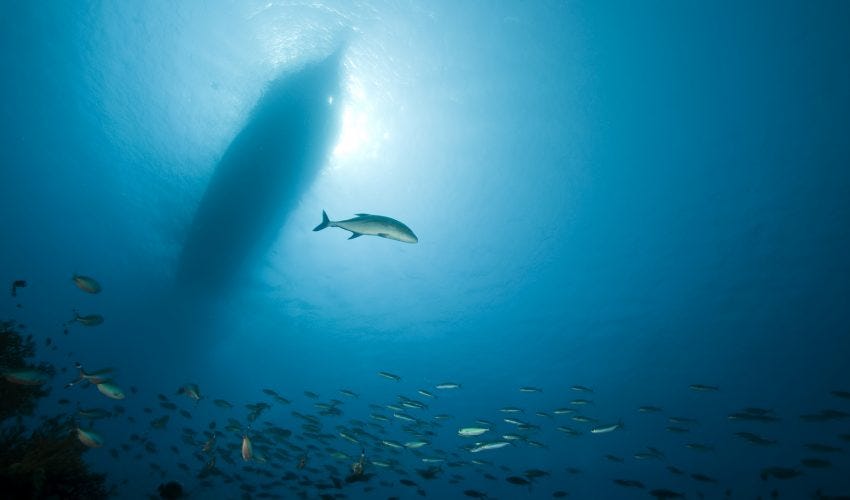 Noise Pollution In Our Oceans Can They Hear Us Now By C Zoe Benn Green Horizons Medium
Noise Pollution In Our Oceans Can They Hear Us Now By C Zoe Benn Green Horizons Medium
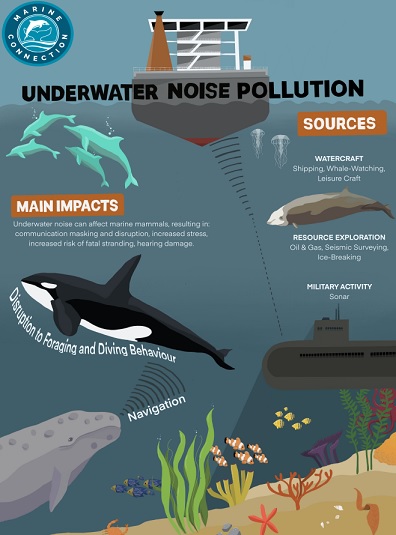 Effects Of Underwater Noise On Cetaceans Marine Connection
Effects Of Underwater Noise On Cetaceans Marine Connection
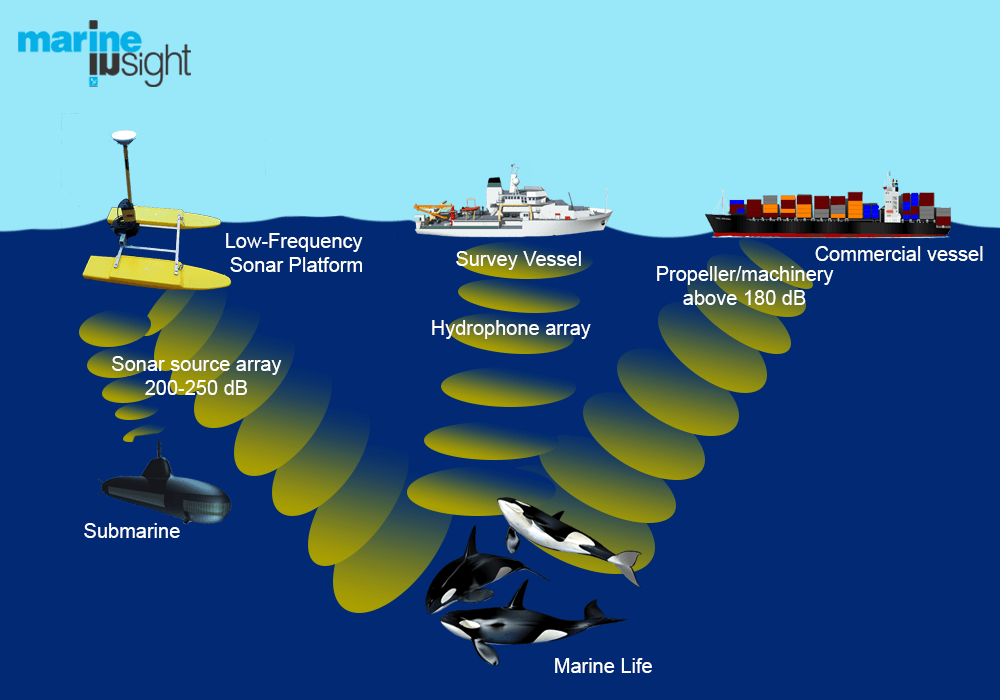 Effects Of Noise Pollution From Ships On Marine Life
Effects Of Noise Pollution From Ships On Marine Life
 Noaa Psb Acoustics Oceannoisestrategy Noise Pollution Marine Pollution Ocean
Noaa Psb Acoustics Oceannoisestrategy Noise Pollution Marine Pollution Ocean
 Ocean Noise Pollution By Jenifer Mallinoff
Ocean Noise Pollution By Jenifer Mallinoff
 Soundcheck Ocean Noise National Oceanic And Atmospheric Administration
Soundcheck Ocean Noise National Oceanic And Atmospheric Administration
 New Silent Oceans Campaign Raises Awareness About Oceanic Noise Pollution Verschmutzung Unterwasser Wale
New Silent Oceans Campaign Raises Awareness About Oceanic Noise Pollution Verschmutzung Unterwasser Wale
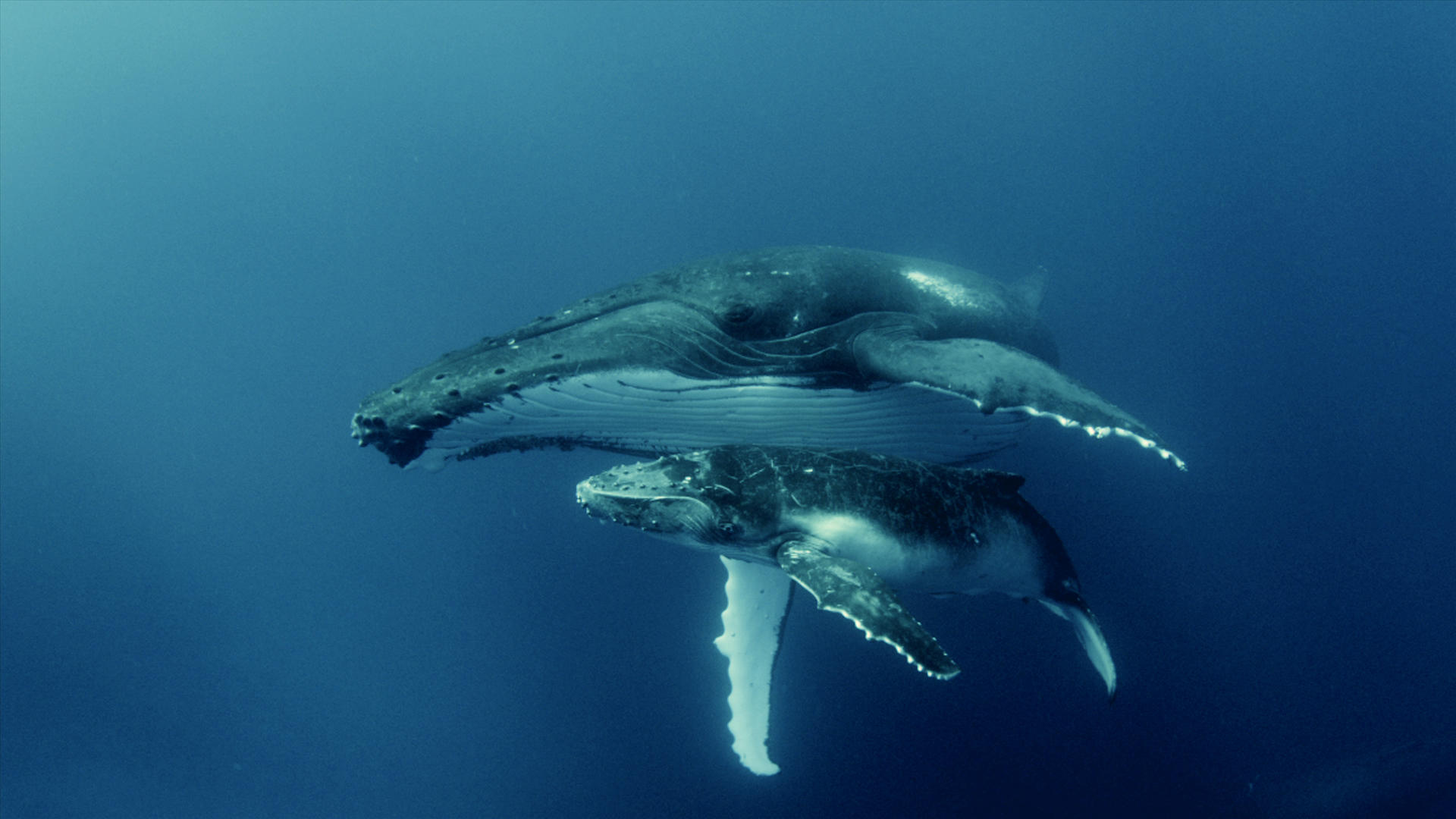 A Plan To Reduce Ocean Noise Pollution For Marine Mammals Hawaii Public Radio
A Plan To Reduce Ocean Noise Pollution For Marine Mammals Hawaii Public Radio
 Project Seeks To Map And Reduce Ocean Noise Pollution The New York Times
Project Seeks To Map And Reduce Ocean Noise Pollution The New York Times
See The Sea Noise Pollution In The Ocean
Silent Oceans Causes Of Underwater Noise Oceancare
 Pollution Due To Underwater Noise Man Made Underwater Noise Pollution Disturbs Whales Youtube
Pollution Due To Underwater Noise Man Made Underwater Noise Pollution Disturbs Whales Youtube
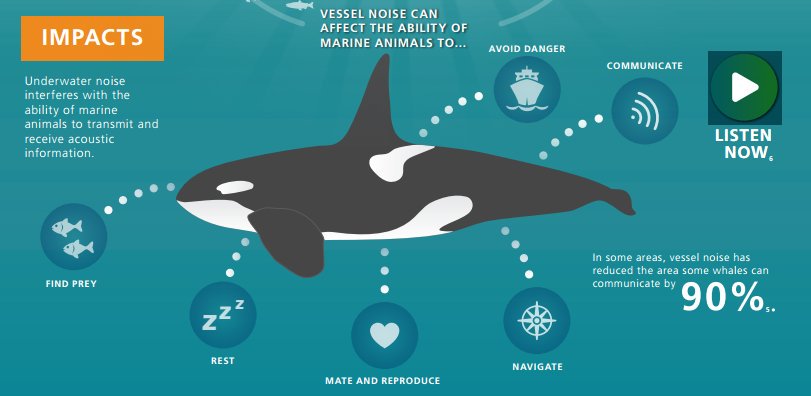 Underwater Noise Problems Come On The Surface Safety4sea
Underwater Noise Problems Come On The Surface Safety4sea
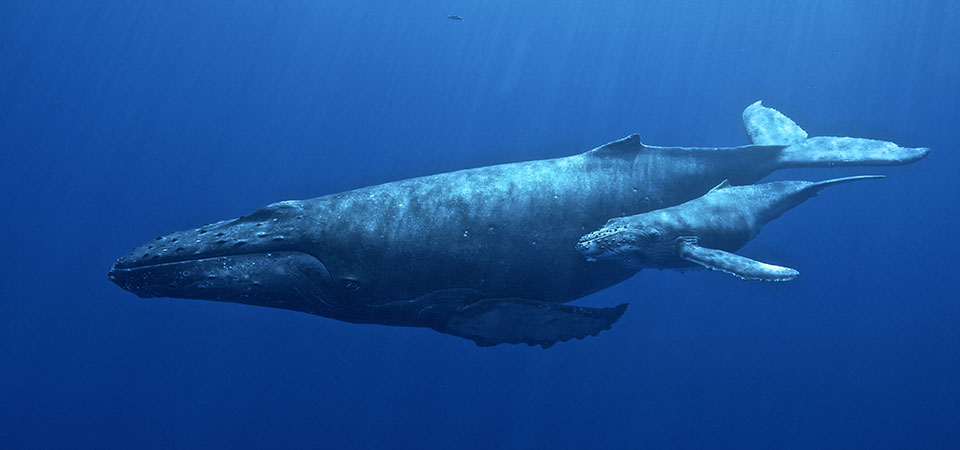
Comments
Post a Comment